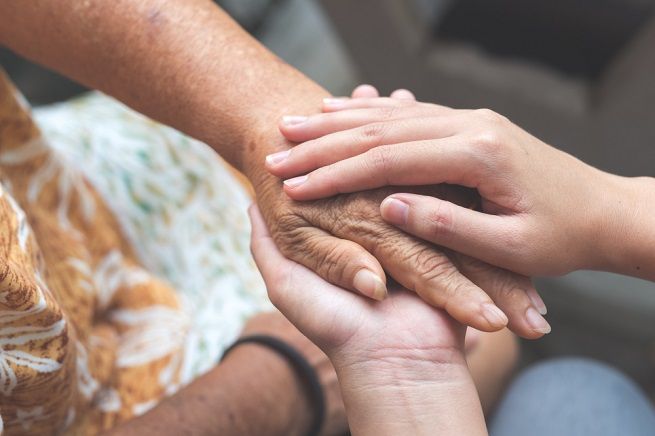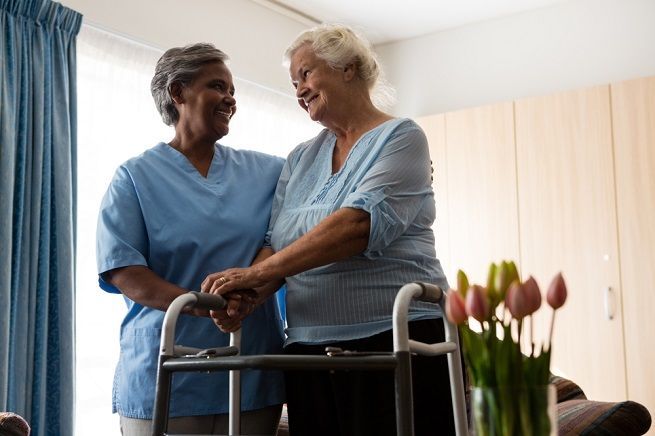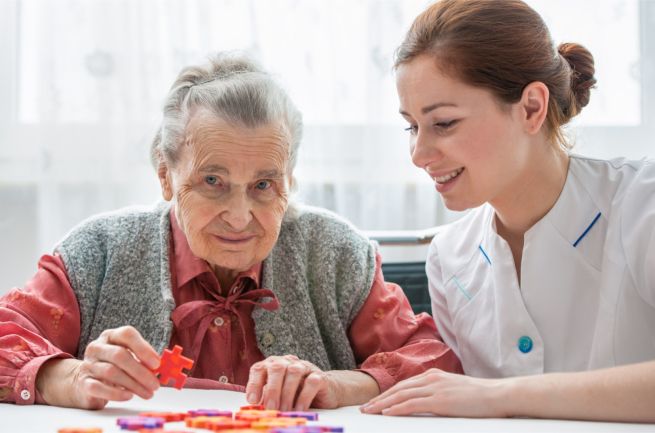While some individuals experience an acute illness, some individuals experience terminal illnesses. Terminal illnesses will most likely lead to one result: death. When one has a terminal illness, one should consider different matters, including choosing a provider of end-of-life or hospice care in Boston, Massachusetts.
However, when someone is under end-of-life care, should we expect the worst? These questions should help affected individuals navigate the role of end-of-life care. As a provider of healthcare in Massachusetts , we are willing to share information to help readers understand end-of-life care.
Common misconceptions about end-of-life care are that families and loved ones with the affected individual should expect the worst. This misconception can provide a negative atmosphere about end-of-life care. They may hesitate to seek home health care services for their loved ones who need end-of-life care.
End-of-life is all about providing comfort for loved ones with terminal illnesses. End-of-life care allows individuals to enjoy the present and achieve comfort from pain. Families must rely on professionals, such as nursing assistants when they decide to put their loved ones in end-of-life care.
End-of-life care also opens opportunities to discuss feelings of grief and anxiety associated with their loved one’s diagnosis. Family members and loved ones can navigate their grief, which may enable them to accept the reality of their loved one with terminal illness.
End-of-life care is not always a sad ending. It leads to more chances of enjoying the present moments. If your loved one needs end-of-life care, contact Adams Healthcare and Staffing LLC . We are a staffing agency that specializes in end-of-life care. Contact us if you need us.
The post Understanding the Role of End-of-Life Care appeared first on Adams Healthcare and Staffing LLC.










